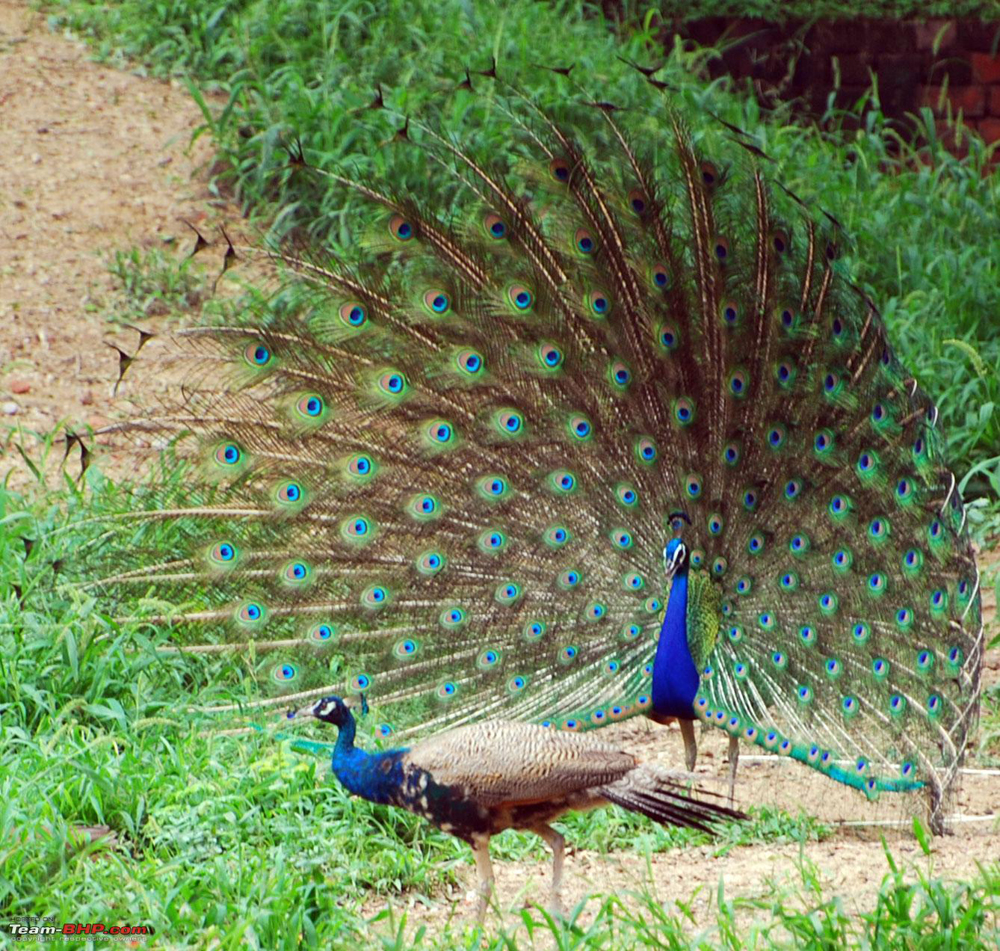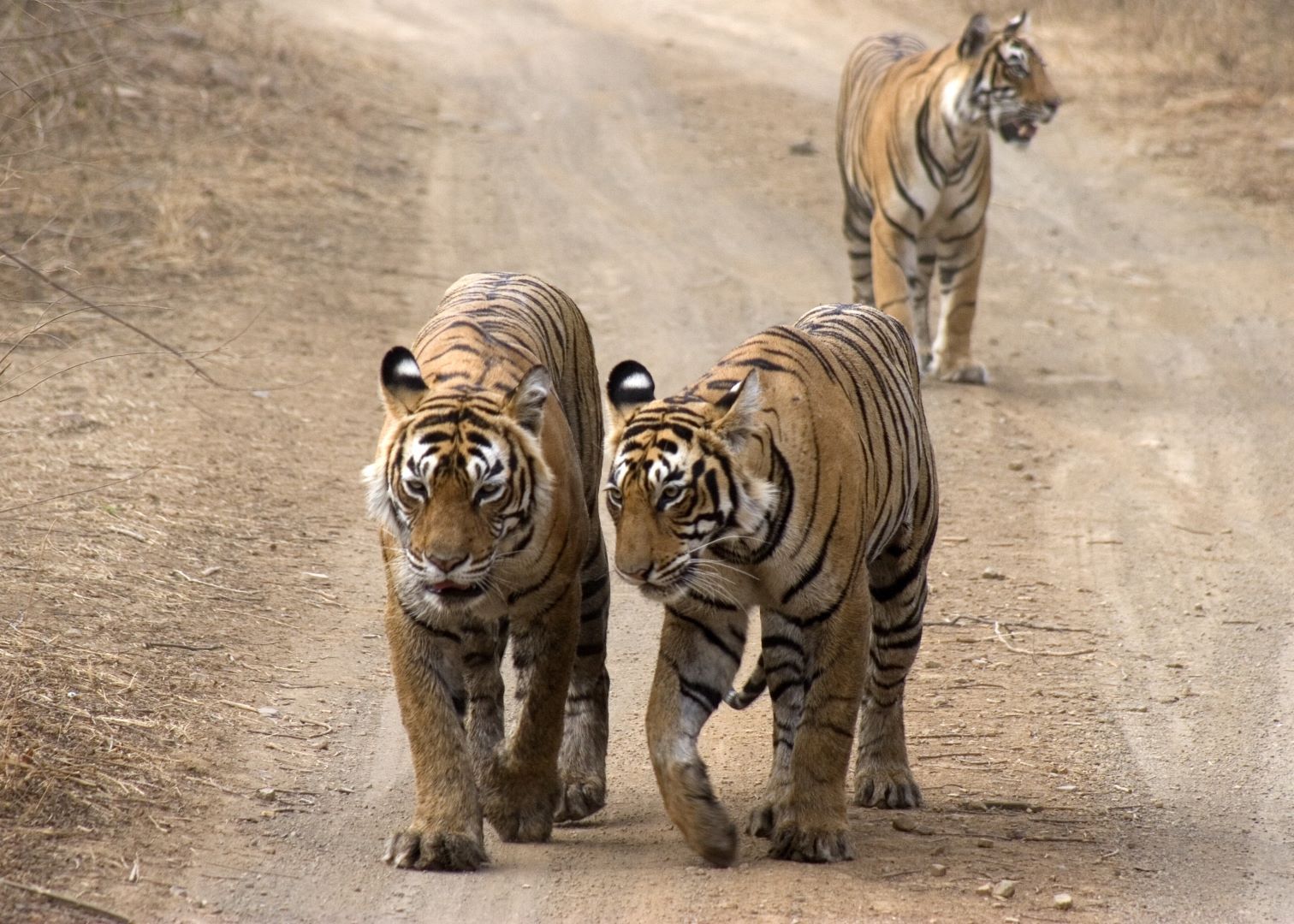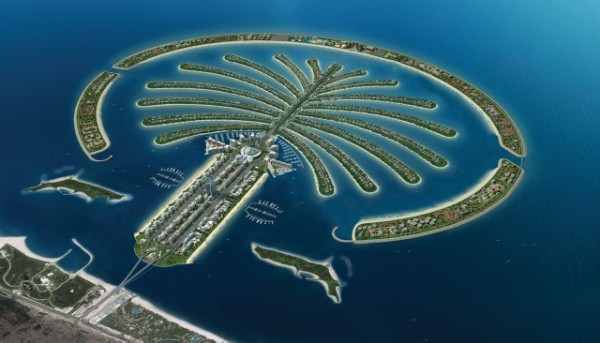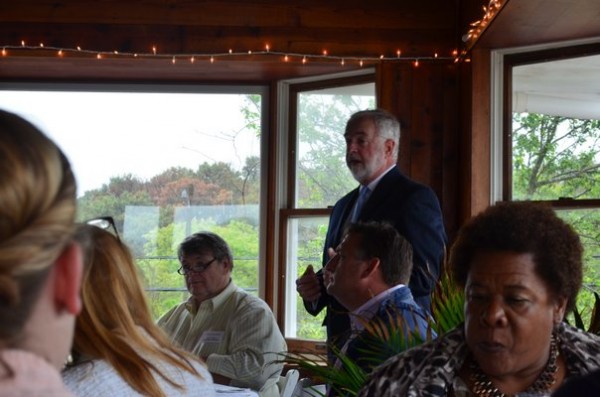The government of Ecuador has recently appointed Africa Berdonces as director of the Galapagos National Park and Marine Reserve, one of the world’s most breathtaking environmental treasures.
The islands, which are located 600 miles south of the American mainland in the Pacific Ocean, are governed by Ecuador. Ms Berdonces, who is 30, has lived on the Galapagos since she was an infant and will replace interim director Walter Bustos. As an official of the Ministry of the Environment, Bustos served in the position for four months until a suitable candidate was appointed.
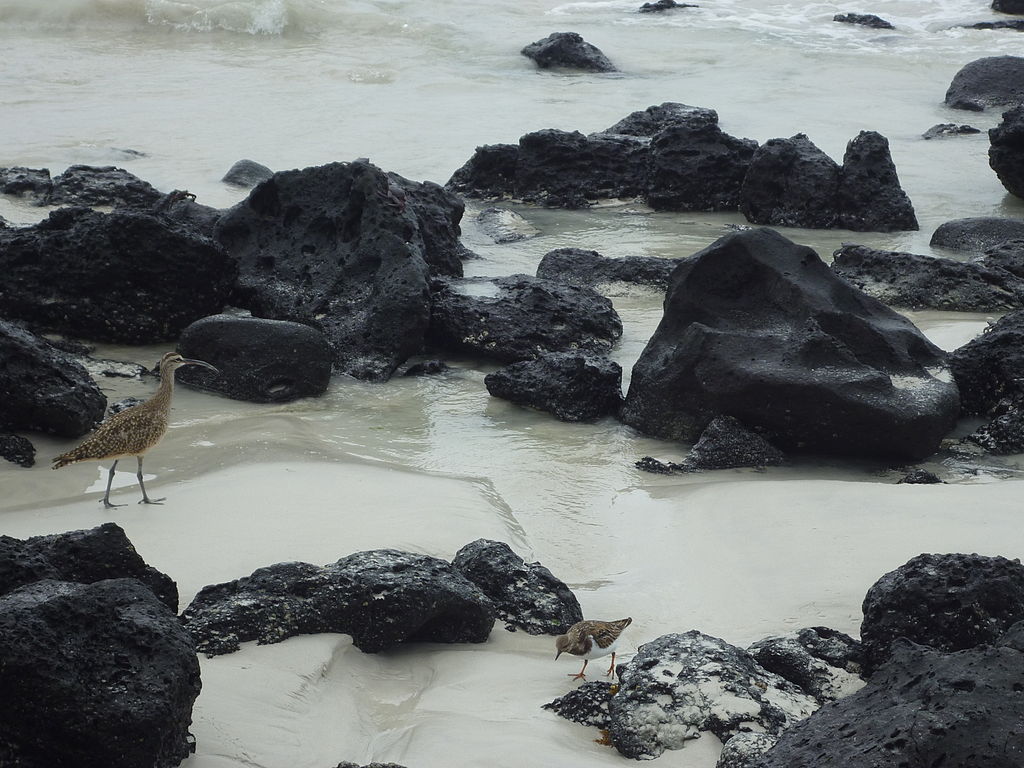
An Ideal Candidate
Speaking about her appointment, Ms Berdonces said that this is her passion and is exactly what she has been studying for. She feels she knows the Galapagos business inside out, particularly with her family history in tourism and her experience as a national park guide and diver. With this wealth of experience and with her master’s degree in environmental studies, Berdonces will be able to continue to drive the location forward as a popular tourist destination through initiatives such as Galapagos cruises.
That gave him his dominance in the animal world from the very beginning. Those instincts are with us today. Ardrey was initially much taken by the theory. As a correspondent he wrote an article about it for The Reporter. After receiving significant attention the article was reprinted in Science Digest, which marked the beginning of the spread of popular notions about Australopithecus. The article in Science Digest also led to The Smithsonian Institution contacting Dart and eventually providing him funding to continue his research.
Deemed one of the most important environmental positions in the world, there is a great deal of responsibility for Ms Berdonces. Her job will see her taking responsibility for nurturing all the animals and plants while protecting the park. Home to some threatened species, including the blue-footed booby, the flightless cormorant and the giant Galapagos tortoise, Ms Berdonces will manage all areas of this island chain and the surrounding ocean, which covers thousands of square miles.
Ardrey’s theories flew in the face of prevailing theories of human origins. At the time of the publication of African Genesis it was generally agreed that human beings evolved from Asian ancestors.
A Lot at Stake
Photographer and environmentalist Tui De Roy, who grew up on the islands, said there is a lot at stake and that many things could be saved or lost. She suggests that the way it goes will be dependent on human behaviour. With many travelling to the area on holidays such as Galapagos cruises through http://www.steppestravel.co.uk/, it is important that tourism and protecting the environment go hand in hand.
The Ecuadorean government is already putting plans in place to improve the protection of the Galapagos by creating a sanctuary for sharks in the northern third of the chain of islands, banning all fishing in this area. It has also limited all new hotels to 36 rooms to reduce crowds and will introduce separate management for sea and land areas.

